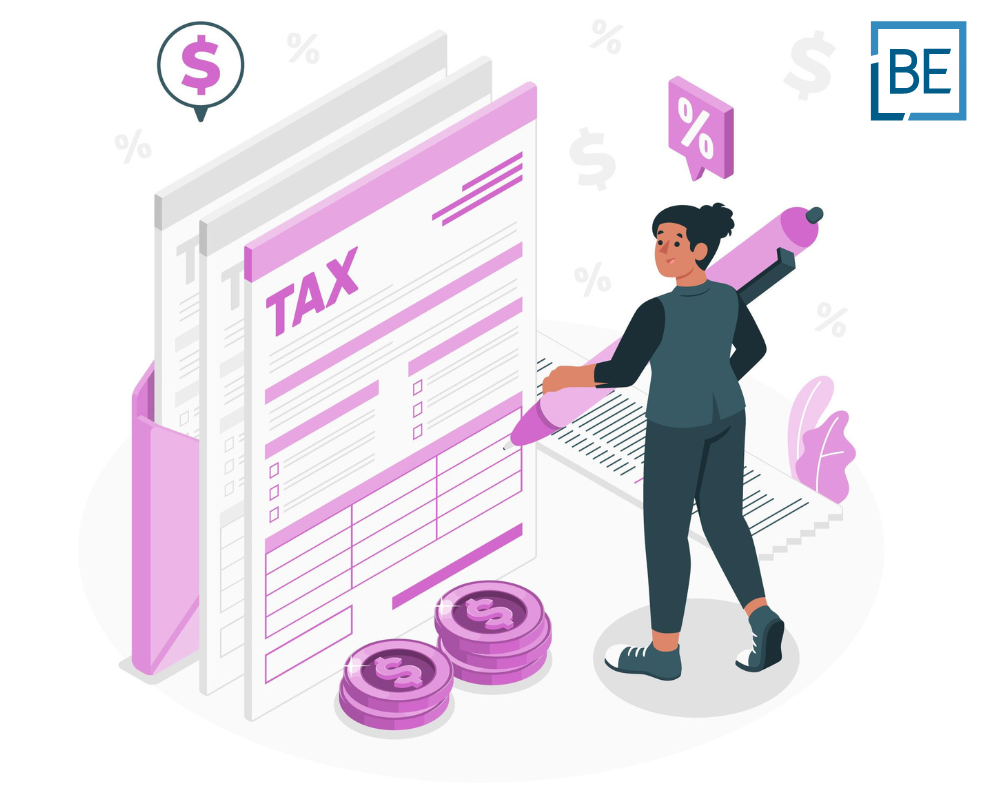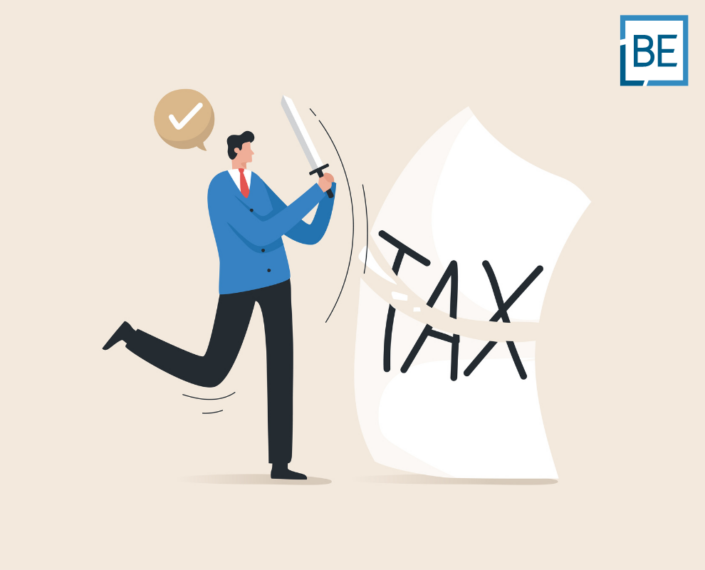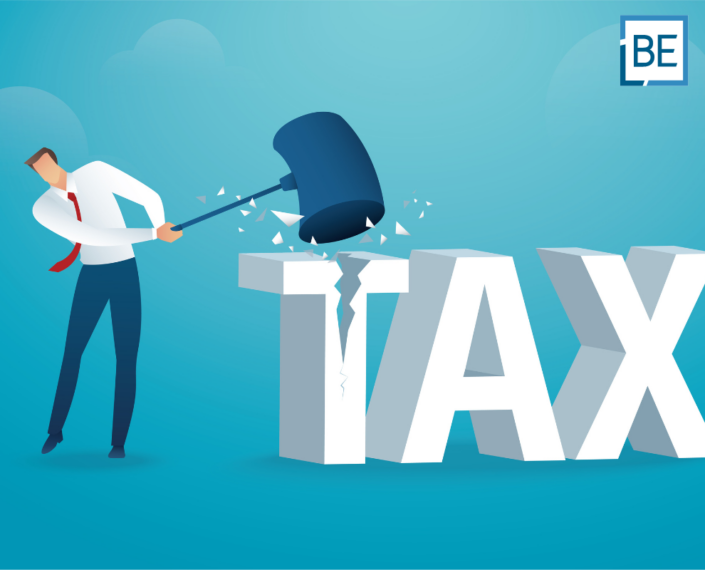Belaws Home ›› Thailand ›› Blog ›› Double Tax Agreements in Thailand
accounting and secretary
Double Tax Agreements in Thailand
Double taxation is a potential issue for expats and foreign businesses operating in Thailand or abroad. Double taxation occurs when two or more jurisdictions impose a tax on the same declared income.
This significant issue could be offset if the countries imposing the tax have signed a double tax treaty. Double tax agreements are agreements between two countries that prevent the double taxation of income.
This article will further explore what a double tax agreement is.
Key points
- Double taxation occurs when two or more jurisdictions impose a tax on the same declared income.
- Double tax agreements remove this obstacle.
- The applicant must be a Thai resident to take advantage of the double tax treaty benefits.
- Thailand has entered into double tax agreements with 61 countries.
What is a double tax agreement?
Double tax agreements, also known as double tax treaties or double taxation agreements, are agreements between two countries that prevent the double taxation of income. Double tax agreements mean that any income earned by individuals or businesses in one country will not be taxed in another (assuming both countries have a double tax agreement in place).
In Thailand, double tax agreements are signed between the Thai government and the government of another country to provide relief from double taxation for individuals and businesses operating in both countries.
Typically double tax agreements include provisions for reduced tax rates on certain types of income, such as business profits and dividends. They will also contain provisions for exchanging information between tax authorities to prevent tax evasion.
The Thai government has signed double tax agreements with many countries worldwide, including the United States, Canada, France, the United Kingdom, Singapore, etc.
Just to let you know, individuals who earn income in Thailand but do not have a permanent establishment or presence in the country may be eligible for an exemption on business profits.
However, the income from interest, dividends, and royalties may still be subject to taxation in the country where it is earned if no permanent establishment is present.
Furthermore, double tax agreements may allow for reductions or exemptions on withholding taxes for payments made to foreign businesses not operating in Thailand.
What is a permanent establishment in Thailand?
Thailand considers permanent establishments as:
- A place of management
- A branch
- An office
- A factory
- A warehouse, about a person providing storage facilities for others
- A workshop
- A farm
- An oil or gas well, a mine, a quarry, or any other place of extraction of natural resources
- A building site, construction, installation, or assembly project where such site, project, or activities continue for more than six months.
The following are not considered permanent establishments by the Thai government:
- Use of facilities for storage
- display or delivery of goods or merchandise belonging to the company
- The maintenance of a stock of goods or merchandise belonging to the company for storage, display, or delivery
- Maintenance of a stock of goods or merchandise belonging to the company for processing by another
- Maintenance of a fixed place of business to purchase goods or merchandise or to collect information for the company
- Maintenance of a fixed place of business for advertising, the supply of information, scientific research, or similar activities
Who is eligible to benefit from a double tax agreement?
The double tax agreement will be applied to individuals and juristic persons of a signatory state to the agreement.
To be entitled to the benefits of a double tax treaty benefits and be classified as a Thai resident, the person must satisfy the following:
- An individual who stays in Thailand for at least 180 days in a tax year
- A company registered in Thailand with the Ministry of Commerce
What taxes are covered by a double tax treaty?
A double tax agreement will often cover income taxes such as personal income tax, corporate income tax, and petroleum income tax.
The agreement does not cover indirect taxes such as value-added and specific business taxes.
Which taxes are exempt from the provisions of a double tax treaty?
In practice, the list of exempt taxes will depend on each treaty and the respective signatories. Still, income from services and rent from moveable property is typically exempt from taxation in the country where it is paid.
For example, under the Thai-Japanese tax treaty, all rent is subject to taxation, and there is no exemption for income from the rental of movable property.
How do double tax agreements work?
Double tax agreements between countries may vary in their methods for eliminating double taxation for individuals.
The exemption method allows the country of residence to exempt certain income from taxation if it is already being taxed in the source country according to the double tax agreement.
Another method is the credit method, where the resident country can tax income already taxed in the source country. Still, it calculates the tax based on the taxpayer’s total revenue, including income from other countries. It also allows a credit or deduction for the taxes paid in the other country.
Which countries does Thailand have double tax treaties with?
At the time of writing, Thailand has concluded 61 double tax agreements with countries worldwide.
| Armenia | Hungary | Poland |
| Australia | India | Romania |
| Austria | Indonesia | Russia |
| Bahrain | Israel | Seychelles |
| Bangladesh | Italy | Singapore |
| Belarus | Japan | Slovenia |
| Belgium | Korea | South Africa |
| Bulgaria | Kuwait | Spain |
| Cambodia | Laos | Sri Lanka |
| Canada | Luxembourg | Sweden |
| Chile | Malaysia | Switzerland |
| China | Mauritius | Taipei |
| Cyprus | Myanmar | Tajikistan |
| Czech Republic | Nepal | Turkey |
| Denmark | Netherlands | Ukraine |
| Estonia | New Zealand | United Arab Emirates |
| Finland | Norway | United States of America |
| Germany | Oman | Uzbekistan |
| Great Britain and Northern Ireland | Pakistan | Vietnam |
| Hong Kong | Philippines | France |
Are there any dispute resolution channels?
The mutual agreement procedure is the method for resolving disputes specified in the double tax agreement. The Minister of Finance has given the Director-General of the Revenue Department the authority to act as the competent authority under the double tax agreement.
How can Belaws help?
You can talk directly to one of our experts for more information about how our experts can help you with all things tax in Thailand.
Click here for a full list of our tax services in Thailand.
This article is for information purposes only and does not constitute legal advice.
Our consultations last for a period of up to 1 hour and are conducted by expert Lawyers who are fluent in English, French and Thai.
Consultations can be hosted via WhatsApp or Video Conferencing software for your convenience. A consultation with one of our legal experts is undoubtedly the best way to get all the information you need and answer any questions you may have about your new business or project.
USD 150
Up to 1 hour
Online payment (Paypal or Credit card)
Legal consultation can be conducted in English, French or Thai
Legal consultations are handled by experienced lawyers from the relevant fields of practice
Frequently asked questions
Do expats pay income tax in Thailand?
Thailand imposes an income tax on any income earned in Thailand for both resident and non-residents individuals. This tax will be imposed regardless of whether such income is paid in or outside of Thailand.
Do Thai citizens pay taxes?
Yes, Thai citizens are subject to tax.
What happens if you dont pay tax in Thailand?
You will be subject to Imprisonment for a term up to 1 year; or a. Fine up to 200,000 Baht; or. Both.
What’s the average cost of living in Thailand?
On average, $1,500 a month is accepted as a suitable income for a comfortable life in Thailand.
How can I avoid tax in Thailand?
It is not recommended to avoid paying tax in Thailand.
Do expats pay tax?
Thailand imposes an income tax on any income earned in Thailand for both resident and non-residents individuals. This tax will be imposed regardless of whether such income is paid in or outside of Thailand.
How is income tax calculated in Thailand?
Thailand makes use of a progressive tax system for personal income tax, the rates of taxation can be seen below:
| Taxable Income | Tax Rate |
| 0 – 150,000 | Exempted |
| 150,001 – 300,000 | 5% |
| 300,001 – 500,000 | 10% |
| 500,001 – 750,000 | 15% |
| 750,001 – 1 million | 20% |
| 1,000,001 – 2 million | 25% |
| 2,000,001 – 5 million | 30% |
| 5,000,001 or more | 35% |
Related articles
Subscribe today
Subscribe today
To our newsletter for all the latest legal news
in South East Asia, Belaws updates and
special promotions on our services.
To our newsletter today for all the latest legal news in South East Asia,
Belaws updates and special promotions on our services.







